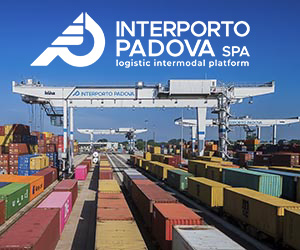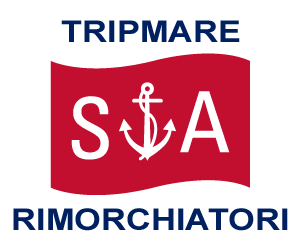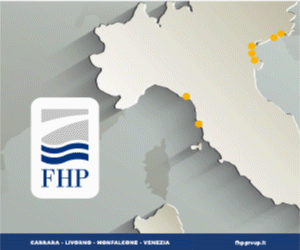TRIESTE – A rocky start for PCS Newco srl, the public-private joint venture – currently the only one of its kind in Italian ports – established to develop and manage the digital services of a Port System Authority.
The Italian Court of Auditors, Section for the Supervision of Entities, has issued a negative opinion on the resolution dated February 27, 2025, concerning the establishment of the company. The Port Authority considers this part of a standard procedure and has already begun reviewing the opinion to prepare and send a formal reply to the auditors, given that the criticism mainly points to a lack of documentation. Specifically, the Court questions whether the Authority’s decision adequately justifies the need to create a separate company to manage the activities of Sinfomar (the platform previously used to digitize port operations).
The opinion also highlights a lack of clarity regarding actual cost savings and the expected efficiency gains resulting from the creation of a joint venture. Regarding the selection of the private partner (Circle Group), the Court notes that the tender has already been awarded “for the amount of €5,814,000”. “This sum appears to be the final contract value; however, no information is provided about the ownership structure of the Sinfomar platform following the establishment of PCS Newco srl,” the auditors write in their report. They also request more details on the project specifications and market context, stressing the lack of a feasibility analysis based on projected revenues and expenses, assets and liabilities, and expected cash flows from operating, investment, and financing activities.
Furthermore, according to the Court’s opinion, no business plan has been provided. Additional concerns are raised about the selection criteria for the private partner, which were not specified in the resolution. “… nor was any assessable documentation produced, and therefore no further additions can be made at the investigation stage,” the auditors write. Finally, apart from the identifying information about the private partner, “the resolution fails to include a number of elements required under Article 7, namely: the municipality where the company will be based, as well as any secondary locations; the total share capital; the contribution from the private partner; the company’s governance rules, including those concerning administration and legal representation; the names of the individuals appointed to manage the company; and any party designated to perform the statutory audit,” the Court concludes.








































